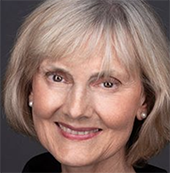
In March, HarperCollins will publish the tenth book in the series, Leaving Everything Most Loved.īefore Lady Edith begged her “papa” on Downton Abbey not to chase away an older suitor because the war left so few marriageable men, Maisie Dobbs represented a generation of women who had to just “get on with it” after the war left them facing very different, often unchartered, lives. Born and raised in Kent, England, Winspear immigrated to the United States in 1990, but her fiction celebrates the spirit of the first women in modern times in Britain to work in a war effort. Since then, Maisie has been solving mysteries in London during the interwar period. The bright bag with its “get on with it” spirit not only appeals to Winspear, but also epitomizes the spunk and tenacity of Maisie Dobbs, the former nurse–sleuth Winspear created more than a decade ago. “It’s called Carry On,” says Winspear, “because we all have to carry on.”


The bag, she explains, is called Yali’s Carry On, and it was made by a college student who learned about art as a child during years undergoing cancer treatment at Chicago’s Children’s Hospital. On what passes for a cold day in the San Francisco Bay Area, Jacqueline Winspear arrives at a coffee shop clutching a black bag with a bright peacock design.


 0 kommentar(er)
0 kommentar(er)
